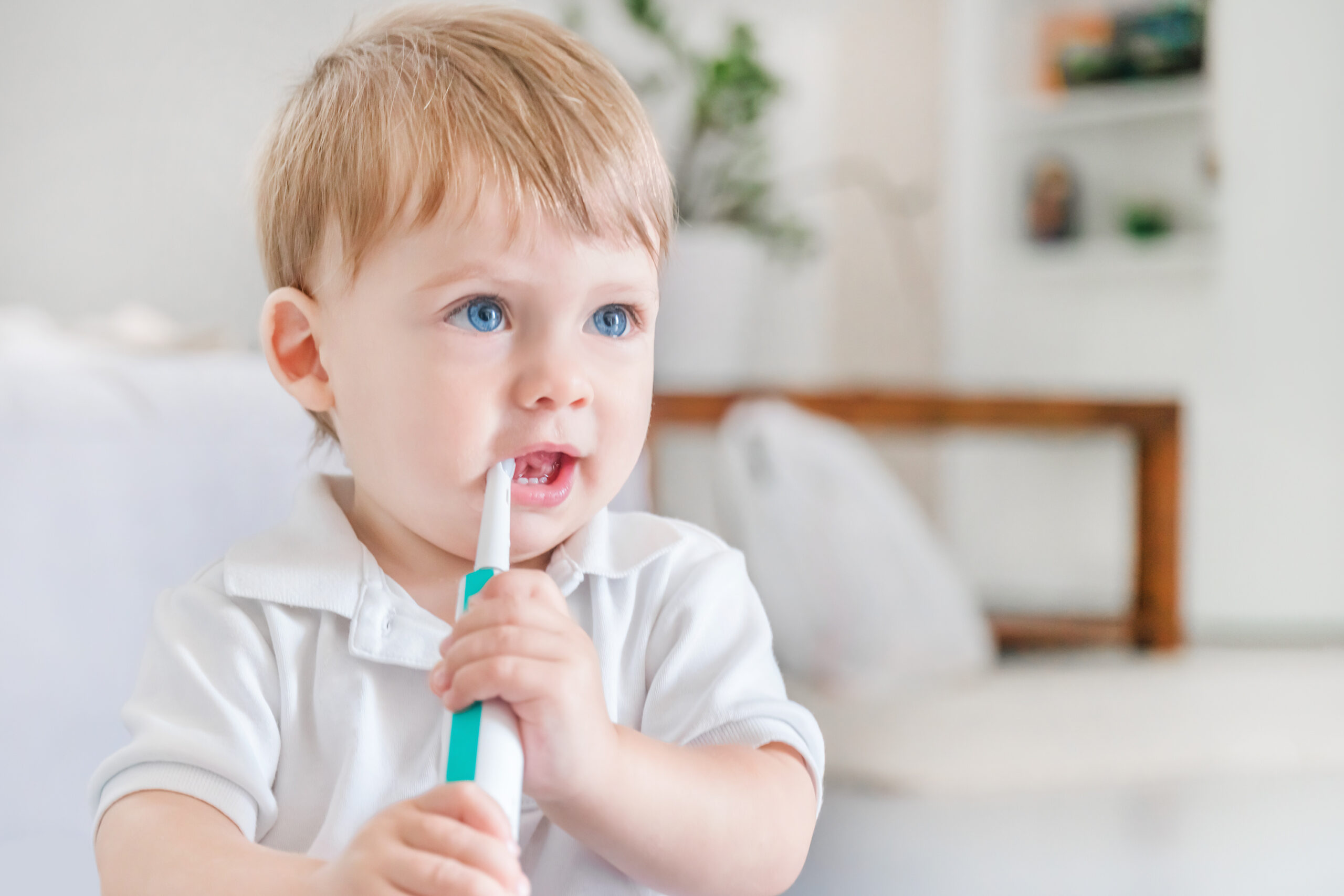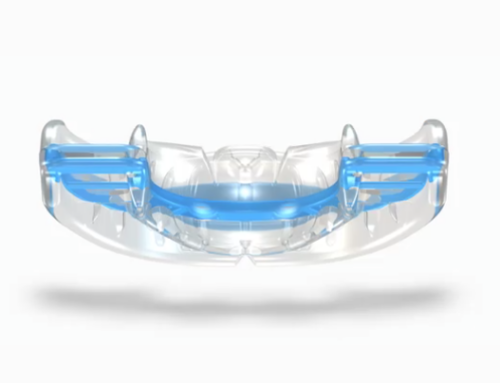Prevent Baby Bottle Tooth Decay and Bottle Rot with These Simple Tips
Baby bottle tooth decay, also known as bottle rot, is a common concern among parents and caregivers. This condition occurs when a child’s teeth are frequently exposed to sugary liquids, leading to cavities and early dental problems. Fortunately, with the right practices, you can protect your child’s teeth and ensure their smile stays healthy as they grow.
Baby Bottle Tooth Decay
Baby bottle tooth decay primarily affects a child’s front teeth, although it can occur on other teeth as well. It happens when a child’s teeth are exposed to sugary liquids for extended periods, allowing bacteria in the mouth to produce acid that damages the enamel. These sugary liquids can include milk, formula, fruit juice, or any other beverage given in a bottle, especially if the child frequently falls asleep with the bottle in their mouth.
The decay can start as soon as the first teeth appear and can lead to pain, infection, and even the premature loss of baby teeth. Since baby teeth are essential for chewing, speaking, and holding space for permanent teeth, it’s crucial to keep them healthy.

Why Children Should Receive Early Dental Care
Establishing good dental habits early in life is key to preventing baby bottle tooth decay. Even before your baby’s first teeth emerge, it’s important to care for their gums. Gently wiping their gums with a clean, damp cloth after feedings helps remove bacteria and prevent buildup. Once teeth appear, you should begin brushing them twice a day with a soft-bristled toothbrush and a smear of fluoride toothpaste no larger than a grain of rice.
Regular dental check-ups should start by the time your child turns one or within six months of their first tooth appearing. A pediatric dentist can help monitor your child’s dental health and provide guidance on proper care.
Smart Bottle-Feeding Habits to Prevent Decay
Bottle-feeding is often a significant contributor to baby bottle tooth decay, but with mindful practices, you can minimize the risks. Avoid putting your child to bed with a bottle containing anything other than water. When a baby sleeps with a bottle of milk or juice, the liquid pools around their teeth, providing fuel for bacteria to produce harmful acids.
It’s also important to avoid using the bottle as a pacifier. Frequent sucking on a bottle throughout the day exposes teeth to sugars for longer periods. Instead, offer water or a pacifier for comfort between meals.
If your child is ready, begin introducing them to a sippy cup around six months of age and aim to have them fully transitioned by their first birthday. A sippy cup reduces the risk of prolonged exposure to sugary liquids and helps encourage better drinking habits.
Encouraging Healthy Eating Habits for Strong Teeth
Diet plays a significant role in your child’s dental health. Limiting sugary snacks and drinks helps protect against tooth decay. Instead, offer nutritious options like fruits, vegetables, and dairy products, which can strengthen teeth and promote overall health.
Pay attention to hidden sugars in snacks like flavored yogurt, dried fruit, and certain crackers. These can contribute to decay just as much as sugary drinks. Choose snacks that are low in sugar and offer nutritional benefits, such as cheese, which can help neutralize acid in the mouth, or crunchy vegetables like carrots and cucumbers, which can help clean teeth naturally.
How to Spot Early Signs of Bottle Rot
Being vigilant about your child’s dental health means knowing what to look for. Early signs of baby bottle tooth decay may include white spots on the teeth, particularly near the gum line. These spots are often the first indication of enamel damage. If left untreated, these spots can turn into brown or black cavities, which may cause pain and lead to infection.
If you notice any discoloration or your child complains of tooth pain, it’s important to visit a pediatric dentist promptly. Early intervention can prevent further decay and help maintain your child’s dental health.
Tips for Maintaining Your Child’s Dental Health
- Wipe gums after feedings: Even before teeth emerge, cleaning your baby’s gums helps prevent bacteria buildup.
- Brush twice daily: Once teeth appear, brush your child’s teeth twice a day with a soft toothbrush and a smear of fluoride toothpaste.
- Avoid sugary liquids at bedtime: Only offer water in a bottle at bedtime to reduce the risk of decay.
- Transition to a sippy cup: Introduce a sippy cup around six months of age to minimize bottle dependence.
- Choose healthy snacks: Opt for nutritious, low-sugar snacks to support dental health.
- Regular dental check-ups: Schedule your child’s first dental visit by their first birthday to monitor their oral health.
For more support in maintaining your child’s dental health, Ahava Orthodontics in Fort Worth is here to help. Dr. Shawne Barron specializes in pediatric dentistry and is dedicated to providing comprehensive care to ensure your child’s smile stays healthy and bright. Schedule an appointment today to learn more about how we can assist you in preventing baby bottle tooth decay and other dental concerns.



